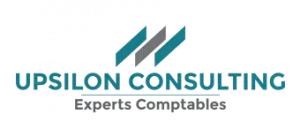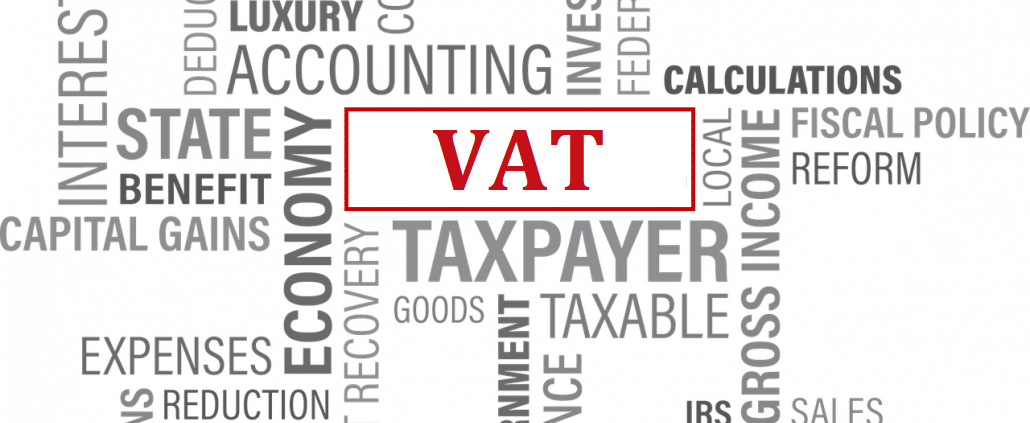Value Added Tax in Morocco (VAT)
Value Added Tax (VAT) is a consumption tax applied to the purchase of goods or services. Consumers are subject to VAT which is applied ad valorem to the purchase price. It does not apply to corporate income like the CIT.
It follows a fragmented payment system. Value-added tax is levied on a product when value is added at each stage of the supply chain.
Each operator applies the tax at the various stages from production to sale. The amount of value-added tax that the user pays is the cost of the product, minus the costs of materials used in the product that have already been taxed.
More than 160 countries worldwide use value-added tax, and it is most widespread in the European Union.
The value-added tax base is the consumption of taxpayers rather than their income.
Value added tax (VAT) in Morocco
In Morocco, value added tax is governed by Title III of the General Tax Code (GTC : Code général des impôts). Article 87 of the GTC states that VAT is a tax on the turnover that applies to:
- First, transactions of an industrial, commercial or artisanal nature, or those relating to the practice of a liberal profession, carried out in Morocco;
- Second, import transactions
- Finally, transactions detailed in article 89 carried out by persons other than the non-contractor State:
- On a regular basis
- Or occasionally
- regardless of their legal status, form or nature of their intervention.
The VAT does not take into account the legal form or the nature of the operator. It applies to transactions according to their nature.
How does this tax work in practice ?
Operators carrying out transactions subject to this tax must collect and pay it.
They must file a file a monthly or quarterly return, depending on the activity’s volume (monthly return if turnover > 1 million dirhams per year).
Value Added Tax : Territoriality
VAT applies to goods and services consumed in Morocco. As such:
- It does not apply to exported goods
- Goods purchased by tourists may be from tax-free
Read our detailed article on VAT Territoriality
Taxable transactions
Article 89 of the GTC details the list of transactions subject to VAT, as follows:
- Sale of goods in Morocco
- Goods sold by export merchants
- Provision of services
- Construction and real estate development
- Real estate works and works of any nature
- Also, some special activities fall under its scope:
- services of liberal professions
- Hotel accommodations
- Catering
- Banking transactions
- Transportation
- ..
In general, VAT applies to all commercial transactions, except civil operations. For example, land sale and agricultural activities do not fall under the scope of VAT.
How does VAT work in Morocco ?
VAT in Morocco follows a fragmented payment system. In fact, every person, both natural and legal, subject to VAT:
- Collects VAT on sales
- Has the right to deduct VAT suppliers applied to its purchases
Tax due is the difference between collected VAT and deductible VAT.
Example :
Merchant “A” sells goods at a unit price of 100 MAD. The merchant must apply a 20% VAT on this good and sells it at a price of 120 MAD VAT included. The 20 MAD difference is the VAT collected on behalf of the Tax Administration.
Moreover, if this good was purchased at a price of 80 MAD (VAT excluded), merchant “A” will pay a price of 96 MAD VAT included. As such, the supplier of the good would also collect 16 MAD (96-80=16)
In this case, the 16 MAD give the merchant the right for deduction
VAT due = VAT collected (20) – VAT Deductible (16) = 4 MAD. This 4 MAD must be paid to the tax administration at the filing of the periodic tax return.
As stated above, this is the general case, but there are some exceptions.
Exemption from Value Added Tax
Some transactions are exempt from the Value Added Tax. This exemption can be:
- Either, without the right for deduction
- Or, with the right for deduction
Exemption from VAT without the right for deduction (Article 91 of the GTC)
The exemption without the right for deduction means two things:
- First, taxpayers cannot collect the TVA on the transaction
- Second, they do not benefit from the deduction of VAT on the inputs of this transaction.
Thus, the buyer in this situation incurs the input costs VAT included. In addition, VAT cannot be added to his selling price.
This is the case, for example, of basic necessities. The exhaustive list of VAT exempted transactions without the right for deduction is provided in article 91 of the GTC.
Exemption from VAT with the right for deduction (Article 92 of the GTC)
The exemption with the right for deduction means two things:
- First, taxpayers cannot collect VAT on the transaction
- Second, they benefit from the deduction of VAT on the inputs of this transaction. Furthermore, in general, the taxpayer has the right for a tax refund. Read our detailed article on VAT credit refund in Morocco
This is the case, for example, of export transactions. The exhaustive list of VAT exempted transactions with the right for deduction is provided in article 92 of the GTC.
READ MORE
Branch in Morocco : what you should know



